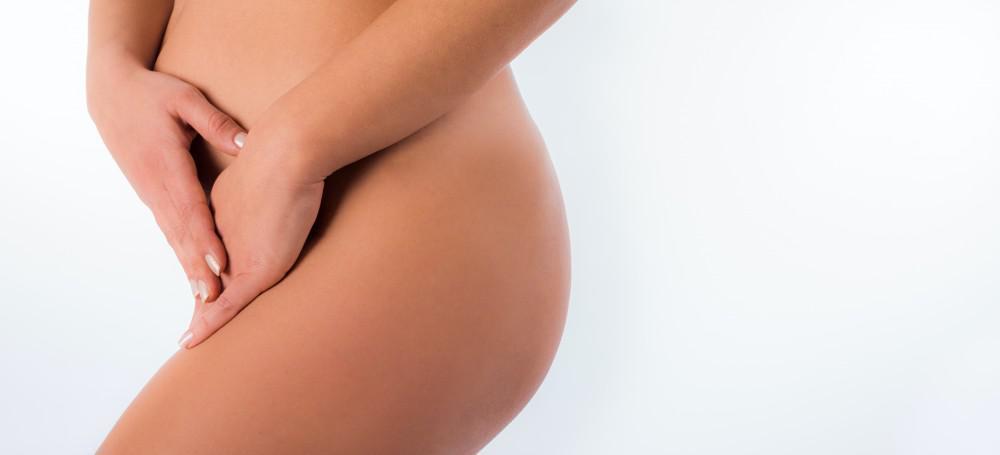How Pregnancy and Childbirth Impact Your Vaginal Health

Whether you’re a new mom or you’re still expecting, you’re probably wondering what your vagina will be like after the big day comes and goes. And it’s true, being pregnant and having a vaginal delivery can cause some pretty drastic changes. But the good news is, a lot of those changes resolve in the weeks and months after you give birth. And for changes that don’t go away, vaginal rejuvenation can help.
At Sanctuary Cosmetic Center, Soheila Rostami, MD uses the most advanced vaginal rejuvenation techniques aimed at helping every woman get the results she’s looking for. Here’s what changes you can expect following pregnancy and delivery — and how vaginal rejuvenation can play an important role in your complete recovery.
Pregnancy and your vagina
Your vagina is designed for childbirth — literally. That means that even though it goes through a lot of changes during both pregnancy and delivery (and even breastfeeding), those changes typically are nothing to worry about — and in most cases, they’ll resolve on their own.
Still, knowing what to expect after you give birth can go a long way toward giving you confidence and comfort. And, knowing what to do if some of those changes persist means you can shift your focus from worrying about vaginal changes to anticipating your new arrival.
This list offers a quick review of four of the most common vaginal changes that can occur following pregnancy and delivery.
Vaginal dryness, itching, or burning
Your vagina is naturally lubricated, but hormonal changes during pregnancy can wind up reducing lubrication, leading to a lot of discomfort (especially during intercourse). Vaginal dryness is one of the most common complaints new moms have.
Loss of tone and elasticity
The vagina is naturally elastic. After childbirth, it’s normal to have some loss of tonicity for a few months. In many cases, the loss of tone is so small, you may not even notice it. Other times, the decrease in elasticity can be more “dramatic” — and it doesn’t go away. If your vagina is “loose,” you lose a lot of the friction that provides sexual pleasure for you and your partner. Lax vaginal tissues may also contribute to the next item on this list — bladder leakage.
Bladder leakage
Pregnancy increases the strain on your pelvic floor muscles that support your bladder (and other organs). After delivery, you might find you leak a small amount of urine when you’re exercising or even when you sneeze or laugh. Like vaginal tone, your pelvic floor muscle tone can improve for months after pregnancy. For many women, doing Kegel exercises restores lost tone to prevent leakage. When that doesn’t work, vaginal rejuvenation can be a good option.
How vaginal rejuvenation can help
Especially if this is your first vaginal birth, you may find a lot of these issues clear up within the first few weeks or months after pregnancy, once your hormone levels return to normal. (If you’re breastfeeding, you might have to wait until you wean your baby before your hormone levels will return to pre-pregnancy levels.)
Other times, one or more of these issues may persist even after your body recovers. That’s when vaginal rejuvenation can help. Vaginal rejuvenation is an outpatient treatment that uses minimally invasive techniques to gently tone and tighten the vaginal walls, promoting the development of collagen, one of the building blocks of healthy vaginal tissue.
In addition to restoring tone (and helping to prevent urinary incontinence), vaginal rejuvenation also stimulates natural healing responses to increase lubrication in your vagina. More natural lubrication relieves pain during intercourse, eliminates itching and burning sensations, and provides extra protection against infections.
Vaginal rejuvenation doesn’t use incisions, and there’s no need for anesthesia. Once your treatment is done, you can go back to your regular routines, making it easy to fit the treatment into even the busiest schedules.
Post-pregnancy vaginal issues are nothing to be embarrassed about. In fact, they’re quite common — and most importantly, very treatable. To learn more about vaginal rejuvenation at our practices in Dulles and McLean, Virginia, call the office or book an appointment online.
